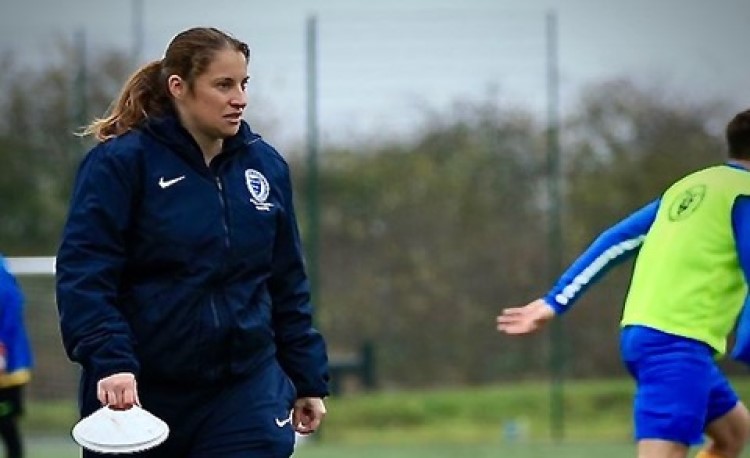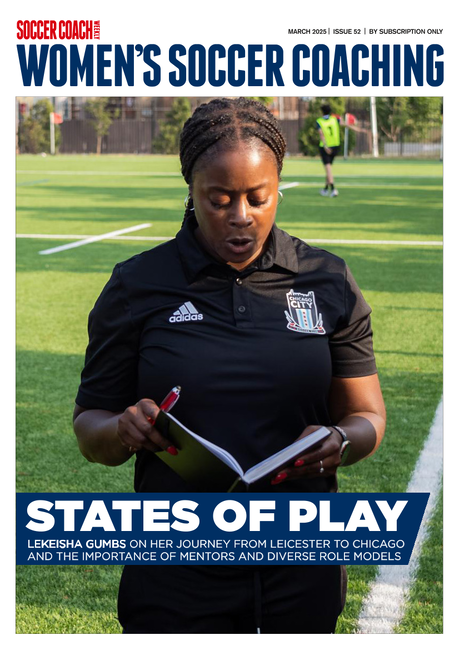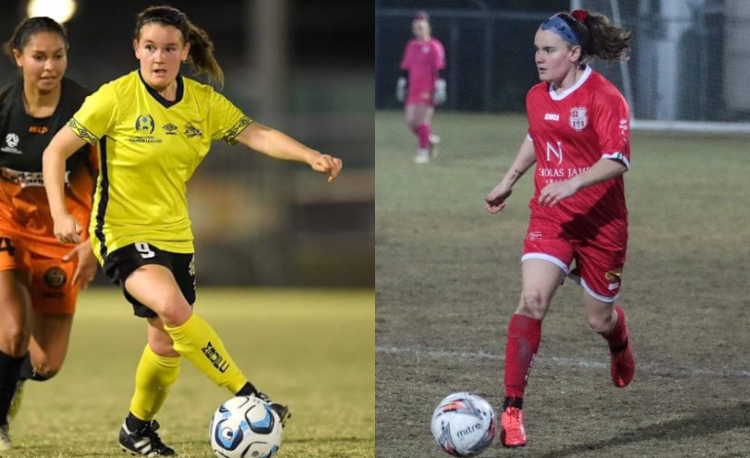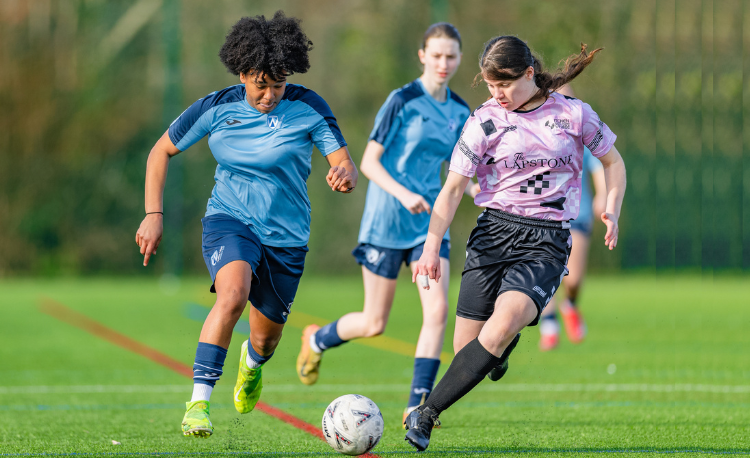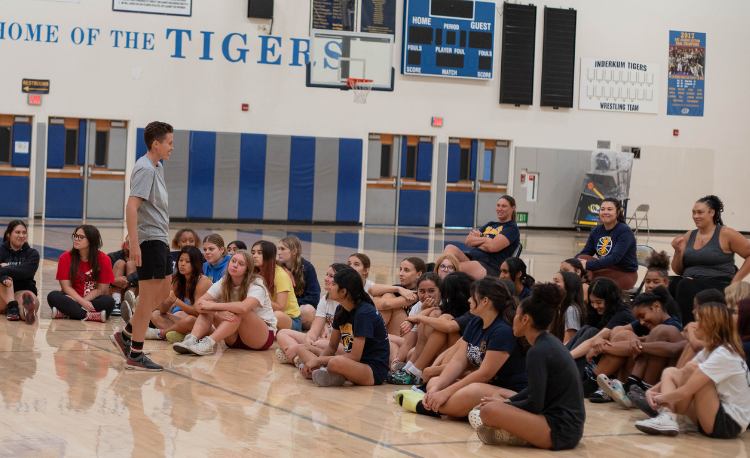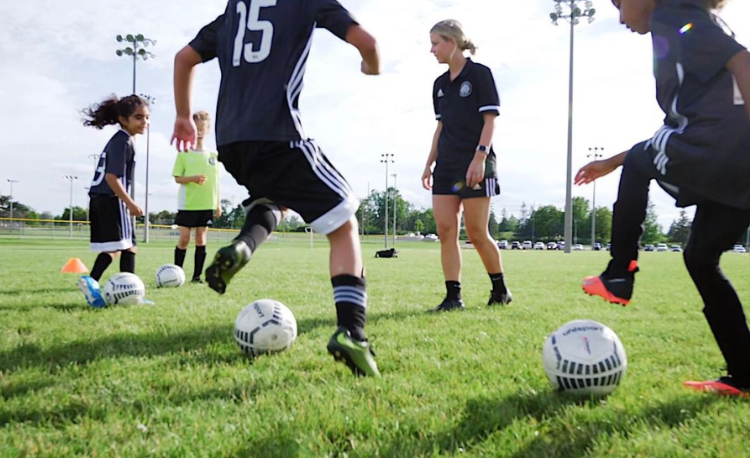You are viewing
1 of your 3 free articles
Managing behaviour
Praise positivity and don’t always slap down miscreants, writes Pam Chandler.
A competent coach will precisely plan and manage a session while creating a fun, light-hearted and supportive atmosphere.
A good coach, however, creates and maintains methods for managing behaviour that stop disruptions and frees them up to concentrate on coaching the players.
What leads to misbehaviour?
Coaches are often unaware that their instruction, presentation and organisational styles can create behaviour problems.
When planning activities, the most mentioned issue is the players’ inability to focus and pay attention.
This could be an indication of the coach’s failure to keep players’ attention because of:
- Boring activities that don’t provide enough difficulty
- Protracted or long-winded instructions
- An activity continuing for a lengthy time without any real progression
- Players who are waiting too long to play or a line of them waiting for their turn to have a go
- Poorly prepared or organised session
Another cause is attention-seeking problem behaviours.
Sustaining positive conduct
Taking steps to try to stop behavioural issues before they start is the most straightforward approach to handle them.
The first step is to make it plain what behaviour is expected from everyone, agreeing what is acceptable and unacceptable with the coaching staff, club officials, participating players and their parents/carers.
To avoid any issues, the second stage is to make sure your session is enjoyable, challenging, well-organised and encourages maximum participation.
To reinforce the participants’ good behaviour, the third step is to have positive interactions with them - for example, praising the group for their quick organisation and giving a participant who is paying attention a positive reinforcement.
Dealing with misbehaviour
It is critical to put an end to disruptive behaviour right away to prevent it from getting worse and disturbing the session.
When disruptive behaviour does happen, coaches need to be prepared with a strategy which aligns with the agreement mentioned earlier, for handling it well.
The goal is to interrupt inappropriate behaviour, but with the least amount of disruption to the session’s flow.
As coaches gain experience, they learn which techniques are appropriate for the given situation. Here are a couple:
When possible, ignore misbehaviour
While this may sound strange or uncomfortable to some, if there is minor misbehaviour that doesn’t interfere with your session, ignore it and carry on instead of constantly scolding participants.
Situations where it may be best to ignore inappropriate behaviour include when you see a child not paying attention as they stare off into the distance; two kids whispering while you are coaching or one child responds to your instruction a little slowly.
It is critical that the ignored behaviour be minimal and doesn’t interfere with the session.
Minimise misbehaviour through positive interactions
Positive interactions have been shown to be effective in deterring misbehaviour.
They also work well for disciplining misbehaviour, especially in younger players. For instance, when you witness a player acting out, deal with the offending child in a clear, conspicuous and constructive manner.
For example, let’s say two players are chatting to each other during a session and are disturbing a few people in their vicinity.
As soon as you realise the people seated in front of you are paying close attention, you remark: "Well done to those people sitting in front of me, good listening" - loud enough for everyone to hear. The two conversers are likely to abruptly stop.
Give players some decision-making authority
Issues with player behaviour can occasionally be attributed to a lack of control.
As often as possible, assign tasks to your players. They will have a greater sense of ownership and involvement in their own growth.
Related Files
Newsletter Sign Up
Newsletter Sign Up
Discover the simple way to become a more effective, more successful soccer coach
In a recent survey 89% of subscribers said Women's Soccer Coaching makes them more confident, 91% said Women's Soccer Coaching makes them a more effective coach and 93% said Women's Soccer Coaching makes them more inspired.
*includes 3 coaching manuals
Get Inspired
All the latest techniques and approaches
Women's Soccer Coaching offers proven and easy to use soccer drills, coaching sessions, practice plans, small-sided games, warm-ups, training tips and advice.
We've been at the cutting edge of soccer coaching since we launched Soccer Coach Weekly in 2007, creating resources for the grassroots youth coach, following best practice from around the world and insights from the professional game.
